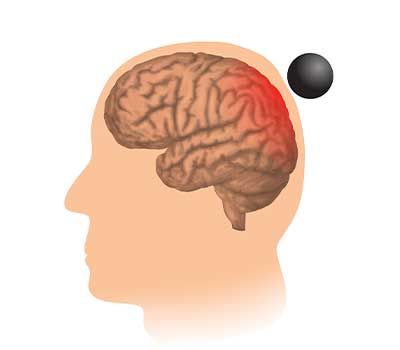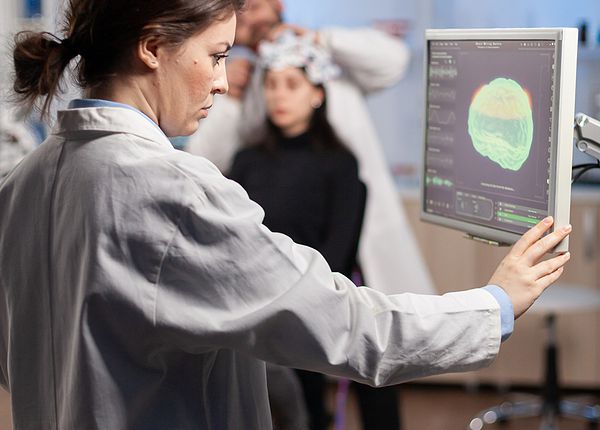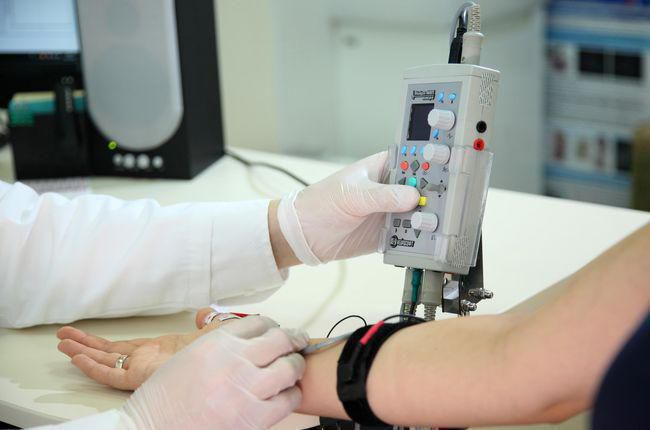Sleep Disorders
Sleep disorders can vary widely in their presentation from person to person. As a result of these differences and the skillsets required to best treat patients, the Neurology Center of Fairfax established the Sleep Diagnostic & Treatment Center. Bringing together an experienced team that specializes in the diagnosis and treatment of the full range of sleep disorders, the Sleep Diagnostic & Treatment Center provides the highly skilled innovative clinical care that these patients deserve.
Our sleep center is fully accredited by the American Academy of Sleep Medicine, a distinction held by only 7% of sleep laboratories in the U.S. Once a sleep problem has been identified, a customized treatment plan will be designed. Our sole focus is on improving your quality of life by helping you achieve deep and restorative sleep.
What causes sleep disorders?
There are several conditions, diseases, and disorders that can lead to sleep disturbances. In most cases, sleep disorders develop as a result of underlying health conditions.
- Allergies and Respiratory Problems
- Nocturia or the tendency to urinate
- Physical disturbances
- Medical issues such as asthma
- Psychiatric conditions (e.g, depression and anxiety disorders
- Environmental issues
A moderate level of insomnia can be caused by one's lifestyle or issues related to stress. It could even be the result of an illness. Environmental factors also highly contribute to insomnia.
Types of Sleep Disorders
Insomnia
Insomnia is a common sleep disorder that can vary from mild to moderate levels. It is an inability to fall asleep and is mainly caused due to stress, anxiety, hormonal imbalances, digestive problems, etc.
Sleep Apnea
It is characterized by intermittent pauses during the patient's sleep. Sleep Apnea can lead to less intake of Oxygen causing the patient to wake up in the middle of their sleep
Restless Leg Syndrome
The Restless Leg Syndrome is a condition that urges patients to mobilize their legs. It is accompanied by a tingling sensation in the leg. Although they show up during the daytime, they are most prevalent at night.
Diagnosing Sleep Disorders
Sleep disorders are diagnosed by following a physical exam which would help gather information about your symptoms and medical history.
Several diagnostic tests can help understand more about the patient's sleeping disorder.
Polysomnography
The sleep study helps evaluates oxygen levels, body movements, and brain waves.
Electroencephalogram
It is a diagnostic test that assesses the electrical activity in the brain and detects any potential problems
In case you have been experiencing any of the above, visit our practice for further assistance with your condition. Call us today to request an appointment at 669) 235-4188.



